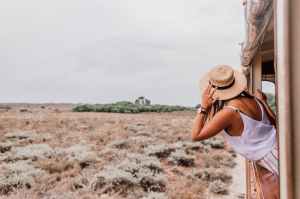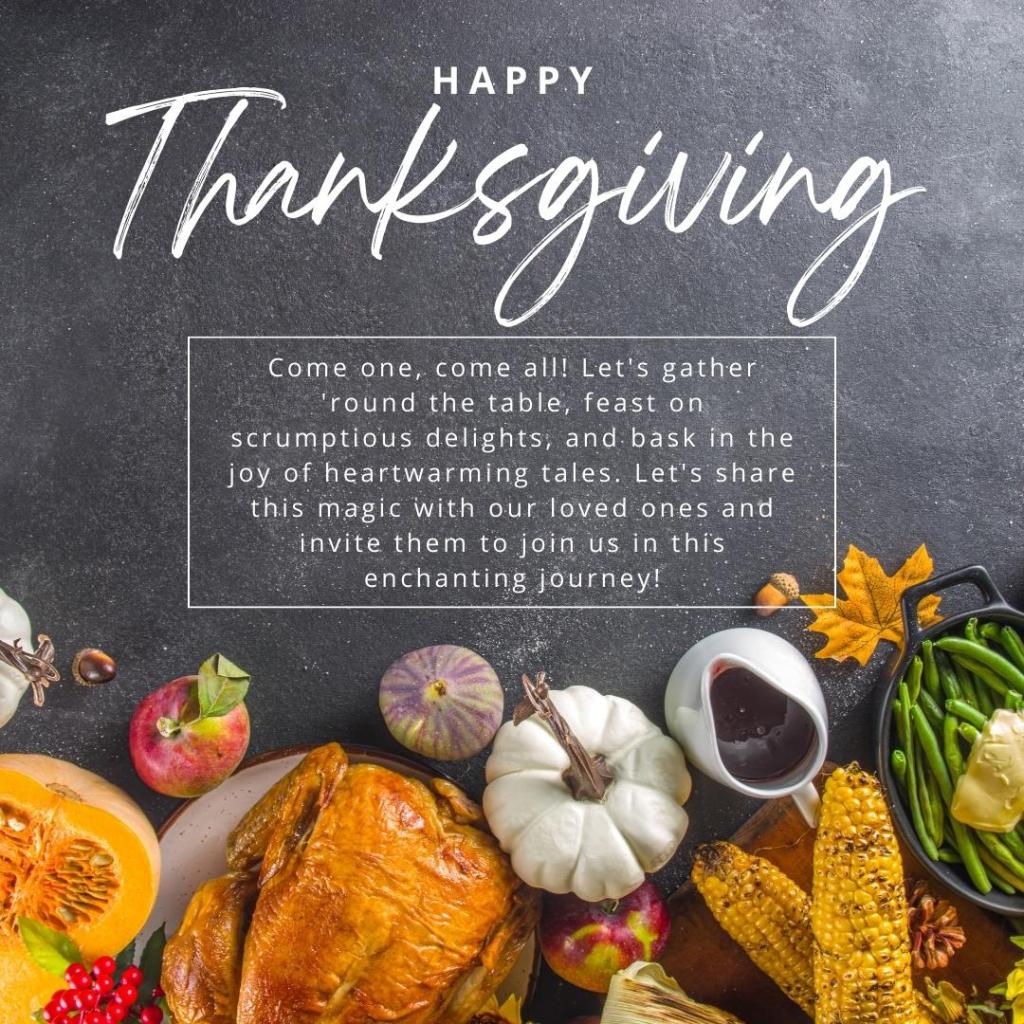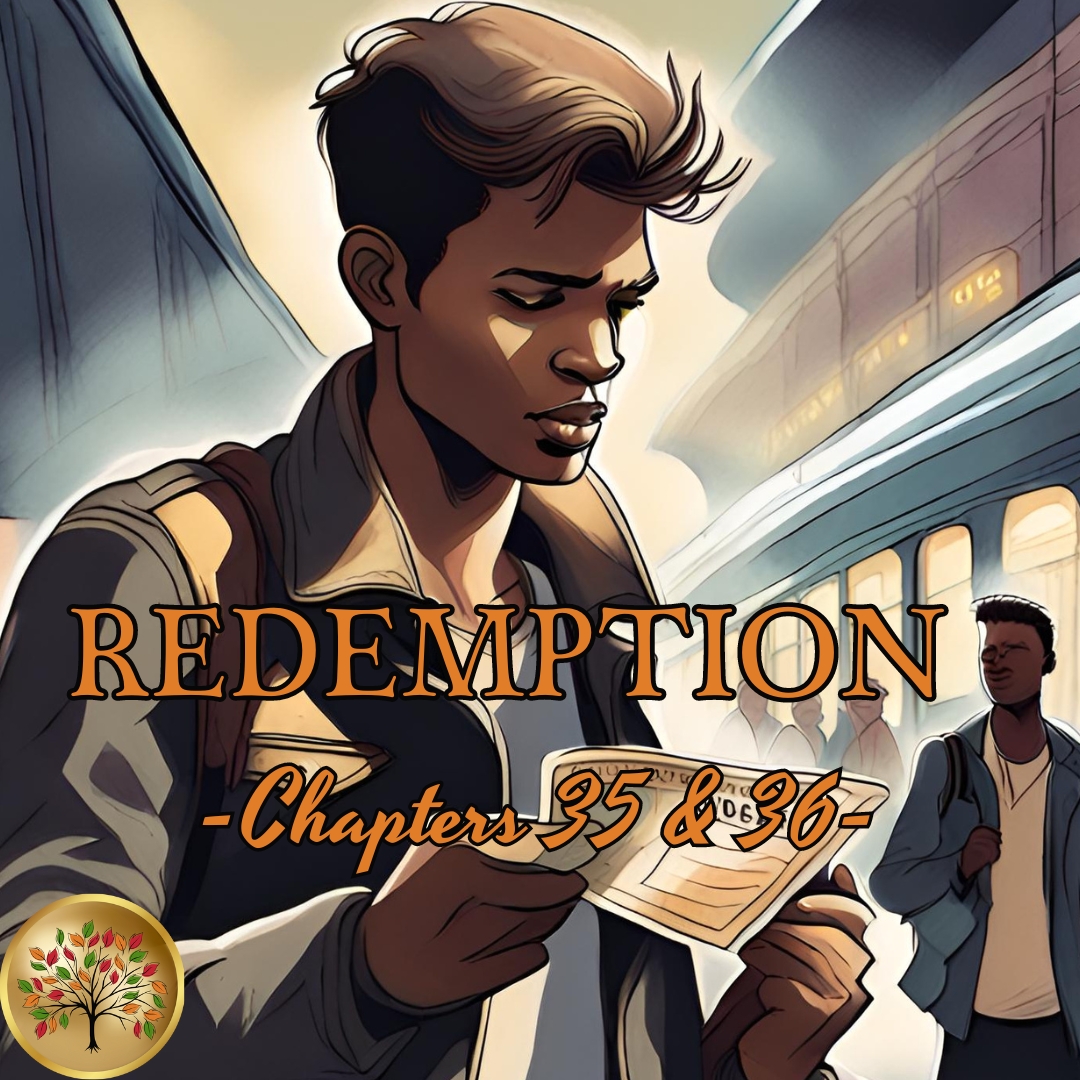We have an interesting coincidence today.
November 22nd, the 60th anniversary of the assassination of President Kennedy in Dallas.
It was Jim Garrison who made his fame after this for having prosecuted several people that he believed were part of the big conspiracy in the assassination.
It eventually ended up in a book. Then in a movie called JFK.
That’s the same Jim Garrison.
So, you met him when you were just a 15-year-old kid.
On the Trail of the Assassins: One Man’s Quest to Solve the Murder of President Kennedy by Jim Garrison. On March 1, 1967, New Orleans district attorney Jim Garrison shocked the world by arresting local businessman Clay Shaw for conspiracy to murder the president. His alleged co-conspirator, David Ferrie, had been found dead a few days before. Garrison charged that elements of the United States government, in particular the CIA, were behind the crime. From the beginning, his probe was virulently attacked in the media and violently denounced from Washington. His office was infiltrated and sabotaged, and witnesses disappeared and died strangely.
Welcome, readers, to another exciting episode of “Our Story Your Story,” the podcast where hosts Shelley Carney and Toby Younis unravel the layers of captivating tales.
In this episode, the spotlight is on chapters 35 and 36 of “A Gypsy’s Kiss: A Treasure Hunt Adventure,” a journey of redemption and personal growth that unfolds on the rhythmic tracks of a train.
Watch the video or download the podcast episode.
The Hero’s Journey and Personal Growth

Life is a series of experiences that shape and mold us into the individuals we become.
“A hero’s journey is ultimately a teaching tool. We can learn along with the character because the character goes through a change, usually upleveling in his life. He’s grateful to the people he met along the way, the mentors, the people who helped him, the people who taught him lessons about life, about himself, and his relationships with other people.”
— Shelley Carney
The hero’s journey, a concept explored by Joseph Campbell in “The Hero with a Thousand Faces,” Christopher Vogler in “The Writer’s Journey,” and Syd Field in “The Foundations of Screenwriting,” serves as a guiding light in understanding our own journeys.
“The archetypes are individuals you meet along the journey, and they include the hero, a mentor, as Mr. Kudrow was, and the threshold guardian as Jim Garrison was. All of those characters appear in this book in various forms, and they do in any story that makes up the hero’s journey. Because the hero is never in a vacuum. He’s got to have people around him to make the story interesting.”
— Toby Younis
It’s not just a narrative tool, but a roadmap for personal growth, helping us navigate challenges and emerge stronger.
The Train Journey as a Metaphor

Imagine the rhythmic clatter of wheels on tracks, the scenic landscapes passing by, and the promise of a destination.
The train journey in chapters 35 and 36 becomes a metaphor for the journey of self-discovery we all undertake.
Frequently, I consider the whereabouts of the BSA, what happened to the cash tucked away in the secret compartment above the oil tank, and what Uncle Carlos will say and do when I show up without her. I also wonder if I’ll be kicked out of St. Michael’s for running off. When I left, I hadn’t thought about what might happen if I came back. I was all set to keep on riding.
A Gypsy’s Kiss: A Treasure Hunt Adventure, Chapter 36
Through encounters, reflections, and anticipation, the train becomes a vessel carrying not just the protagonist, Miguel, but also the lessons and revelations that shape his character.
“This is finishing up the hero’s journey. He had this calling. The calling was Mardi Gras. Then you got there, you had your fun, met people, and you did your thing. Now it’s time to go home and pay the piper.”
— Shelley Carney
As readers, we can draw parallels with our own experiences on trains or other modes of public transportation.
We can visualize the conversations with fellow passengers, the quiet moments of reflection, and the anticipation of what lies ahead.
“You could travel from one end of the train to the other and experience a certain amount of social interaction. It was really up to me because people saw me as a child. The women on the train were especially social. They would work to start the conversation and try to make me comfortable, so I didn’t feel alone. By the second morning, I was sitting with someone at the breakfast table.”
— Toby Younis
These shared experiences echo the universal nature of personal growth and self-discovery.
Language Learning and Communication

Travel, like the train journey in Miguel’s adventure, often involves navigating language differences.
In the podcast episode, we touch upon the struggles and challenges of language learning, emphasizing the importance of communication in personal growth.
“Once the girls started in college, they started traveling during the summers. They’d go off to these summer courses. They’d go and then say, ‘Dad, I don’t speak Spanish,’ or ‘I don’t speak French.’ I used to tell them there’s only one phrase you need to learn in that language. The phrase is that language’s equivalent of, ‘I’m sorry. I don’t speak that language. Do you have anyone who speaks English?’ What you’re going to discover is that in all the places you go, for the most part, they all speak English.”
— Toby Younis
As Miguel engages with diverse characters on the train, we’re reminded of the enriching experiences that language and travel bring, transcending barriers and fostering personal development.
I shake his hand and thank him. I tell him how much I appreciate his advice. He responds, “Oh, we’re not done yet. You and I are going to be good friends by the time this trip of yours is over.”
A Gypsy’s Kiss: A Treasure Hunt Adventure, Chapter 36
Threads of Redemption and Regret

Life, much like a riveting novel, unfolds with twists and turns that shape our journey in unexpected ways.
The concept of reflection beckons us to pause and ponder the significance of each twist, recognizing that nothing happens by chance.
Every setback, triumph, and detour is a deliberate stroke on the canvas of our existence, carrying profound lessons waiting to be unraveled.
“Life is a big, beautiful tapestry. Our threads are woven through and some threads bump up against other threads, and then they go off in another direction. That would be the night that you spent with these people. Others are intertwined or woven together. That would be your family members. They’re always going to be part of your life.”
— Shelley Carney
Reflection is the art of peering into the intricate details of our experiences, extracting wisdom from both the highs and lows.
It teaches us that even in the face of adversity, there lies an opportunity for growth and learning.
After undergoing a transformative experience, our reflections often become poignant crossroads where the paths of redemption and regret intersect.
“There’s a lot going on with this trip back on the train. It is a transition moment to coalesce all the things that Miguel learned. I think all of us do that when we’ve had an experience that’s changed us. We need some time to think through ‘How does that affect me? How can that inform my relationships with the people in my life?’”
— Shelley Carney
These moments of introspection serve as a mirror, reflecting the choices we made during the journey of transformation.
In the glow of accomplishment, we may find redemption, a sense of renewal, and a profound understanding of our resilience.
On the flip side, the shadows of regret may cast themselves over decisions that led to missed opportunities or unforeseen consequences.
“Everyone has regrets. You just don’t allow the regrets to dominate the remainder of your life because then you never move on from that regret. You’re stuck in it. Are there times that I wish things had turned out differently in life? Absolutely. Are there times when I wish I had been a better man in whatever situation it was? Absolutely. But if you focus on that as the center of the rest of your life, you’re never going to move on.”
— Toby Younis
It is within the crucible of reflection that we confront our actions, accepting the lessons they bring and, in doing so, finding the keys to unlock the doors of redemption while navigating the corridors of regret.
Redemption and regret are woven into the fabric of Miguel’s story.
I think about my mother and if, like Lysette, she is worried and praying for my safe return. But then I think, no, she never worried when I went out on my own before, so why would she start now?
A Gypsy’s Kiss: A Treasure Hunt Adventure, Chapter 36
As Miguel contemplates his past choices and their impact, readers are prompted to reflect on their own journeys, recognizing that growth often emerges from the crucible of both triumph and regret.
Your Journey, Your Story

In wrapping up this literary exploration, we invite you to reflect on your own journeys.
How does the hero’s journey manifest in your life?
What trains have you boarded, both metaphorically and literally?
When we read through the rich narratives of “A Gypsy’s Kiss,” we’re reminded that every story, every journey, is an opportunity for personal growth and redemption.
As you go about your week, consider three action steps inspired by the themes discussed:
Reflect

Take a moment to reflect on your own hero’s journey. What challenges have you faced, and how have they contributed to your growth?
Try documenting your thoughts, emotions, and observations to provide a tangible record of your journey, allowing for a more comprehensive understanding of your personal narrative.
Consider integrating mindfulness practices into your routine, such as meditation or mindfulness exercises. These techniques encourage a focused awareness of the present moment, fostering clarity in your reflections.
Embrace the reflective process as an ongoing practice, allowing for a continuous evolution of self-awareness and personal development.
Connect

Share your stories with others. Connect with fellow travelers on the journey of life and embrace the diversity of experiences.
Actively seek new connections that align with your aspirations and values.
Attend networking events, join clubs, or take part in community activities where you can meet people with diverse backgrounds and experiences.
Engage in mentorship opportunities, both as a mentor and a mentee, fostering relationships that offer guidance and support.
Embrace the power of collaboration and shared experiences, recognizing that the collective wisdom of a community can amplify personal growth in profound ways.
Learn

Learning is a continuous and enriching process that propels personal growth.
Pick up one of the recommended books on the hero’s journey and delve into its insights. Apply its principles to your own narrative.
Explore podcasts, documentaries, and online courses that align with your interests and challenge your perspectives.
Attend workshops, seminars, and conferences to engage with experts and enthusiasts in your field of curiosity.
Embrace a growth mindset, viewing challenges as opportunities to learn and evolve, ensuring a continuous and fulfilling educational journey.
Thanksgiving Magic

We’re immensely grateful for you.
Share your thoughts and stories with us, and let’s continue this enriching conversation on personal growth, redemption, and the transformative power of storytelling.
